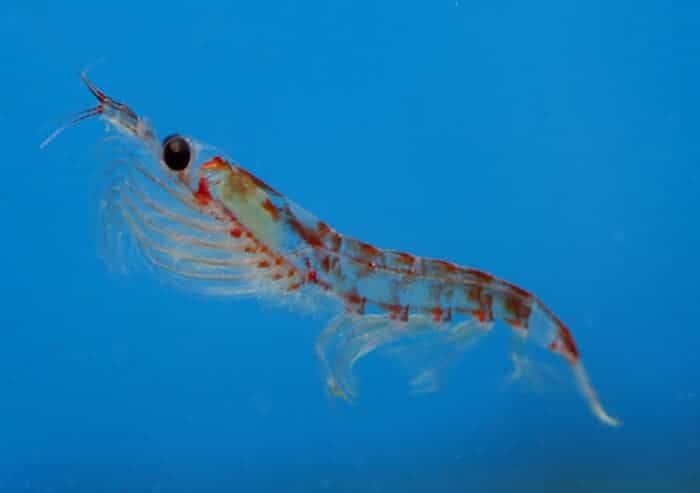Seismic air guns commonly used in the search for undersea oil kill off far more zooplankton than once thought, according to a new study that raises questions about the effect of such seismic surveys on the health of ocean ecosystems.
For the research, which was published in Nature Ecology and Evolution, scientists tested air gun signals in the ocean off Southern Tasmania and found a rise in mortality rate of 18 percent to between 40 and 60 percent. One reason was that the impacts were felt by the krill out to 1.2 kilometers, 100 times farther than the assumed range of 10 meters.
“Plankton underpin whole ocean productivity. Their presence impacts right across the health of the ecosystem so it’s important we pay attention to their future,” said lead author Robert McCauley, professor at Curtin University in Australia. “What this research has shown is that commercial seismic surveys could cause significant disruption to their population levels.”
The research is being watched in the U.S., where the Trump administration wants to allow seismic surveys in offshore areas from Delaware to Florida that are now off-limits to oil development.

